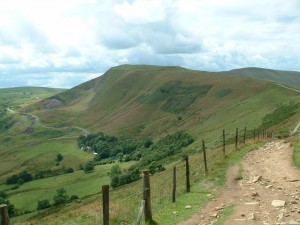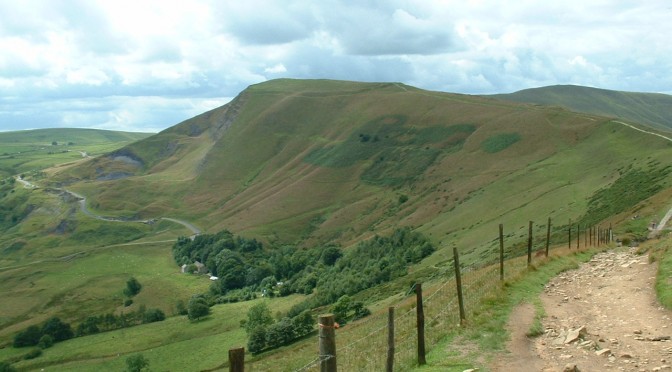 As I write this I am about to go on holiday (yes it was written well in advance) and amongst my plans are to do a few walks, not particularly difficult walks, maybe one out to take photos of a lighthouse, a walk around a RSPB site I have not visited before, a couple of afternoons Geocaching with my Goddaughters, that sort of thing, dry weather would be nice.
As I write this I am about to go on holiday (yes it was written well in advance) and amongst my plans are to do a few walks, not particularly difficult walks, maybe one out to take photos of a lighthouse, a walk around a RSPB site I have not visited before, a couple of afternoons Geocaching with my Goddaughters, that sort of thing, dry weather would be nice.
This has got me back pondering the restless nature of the Reformed, but particularly our attraction to walking. St Andrew’s has its own walking group. In that it is not unusual for a URC, the majority of those I have been in do. Indeed up until fairly recently I just assumed that having a walking group was something churches tended to do. Then for some reason I checked it out. Other traditions just don’t do it in the same way.
However by the mid-nineteenth Century many Non-Conformist churches had walking groups. These were aimed a people in the towns to provide an alternative to more hedonistic attractions for their spare time. The idea was closely linked in with the work of Wordsworth and Ruskin and seeing in nature a more spiritual connectedness than there was pleasure attractions. One Sunday in 1891 T A Leonard at the time a Congregational Minister in Colne in Lancashire got up preach a sermon extolling the advantages of a walking holiday when compared with more commercial pleasures of Blackpool. It was a sermon that was to change a life and that life was his.
The church meeting took him at his word, and he ended up leading a holiday for young men. It got heard about by a prominent Congregationalist minister and Social Reformer, John Brown Paton, who was looking for a way to keep the Book Clubs he’d set up going over the summer. The result was he approached T A Leonard about running holidays connected with the book clubs and thus the Cooperative Holiday Association (1894). T A Leonard went on to form the Holiday Fellowship (1913) and Glasgow HF Outdoor Club (1917, while serving as a minister in Glasgow) among other things. He is also credited with being one of the founders of the Ramblers Association and influential on the Youth Hostelling Association. Walking was chosen not simply because it washealthy exercise, but because the pace of it allowed a person to connect more deeply with the countryside around. It was therefore not simply a physical exercise but a spiritual one as well, and I pretty sure that the fact that they were walking together meant an emphasis on the communal and the enjoyment of being with each other. Indeed now I can say why the chores on Iona are so reminiscent of Youth Hostelling holidays in my youth, the same Reformed piety of all sharing in the work and keeping down the cost was behind both.

